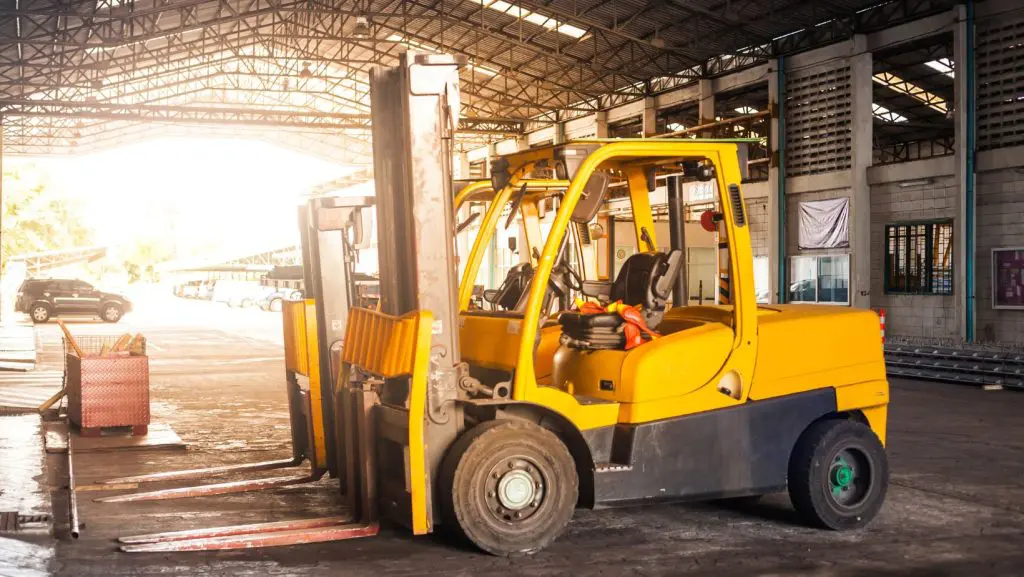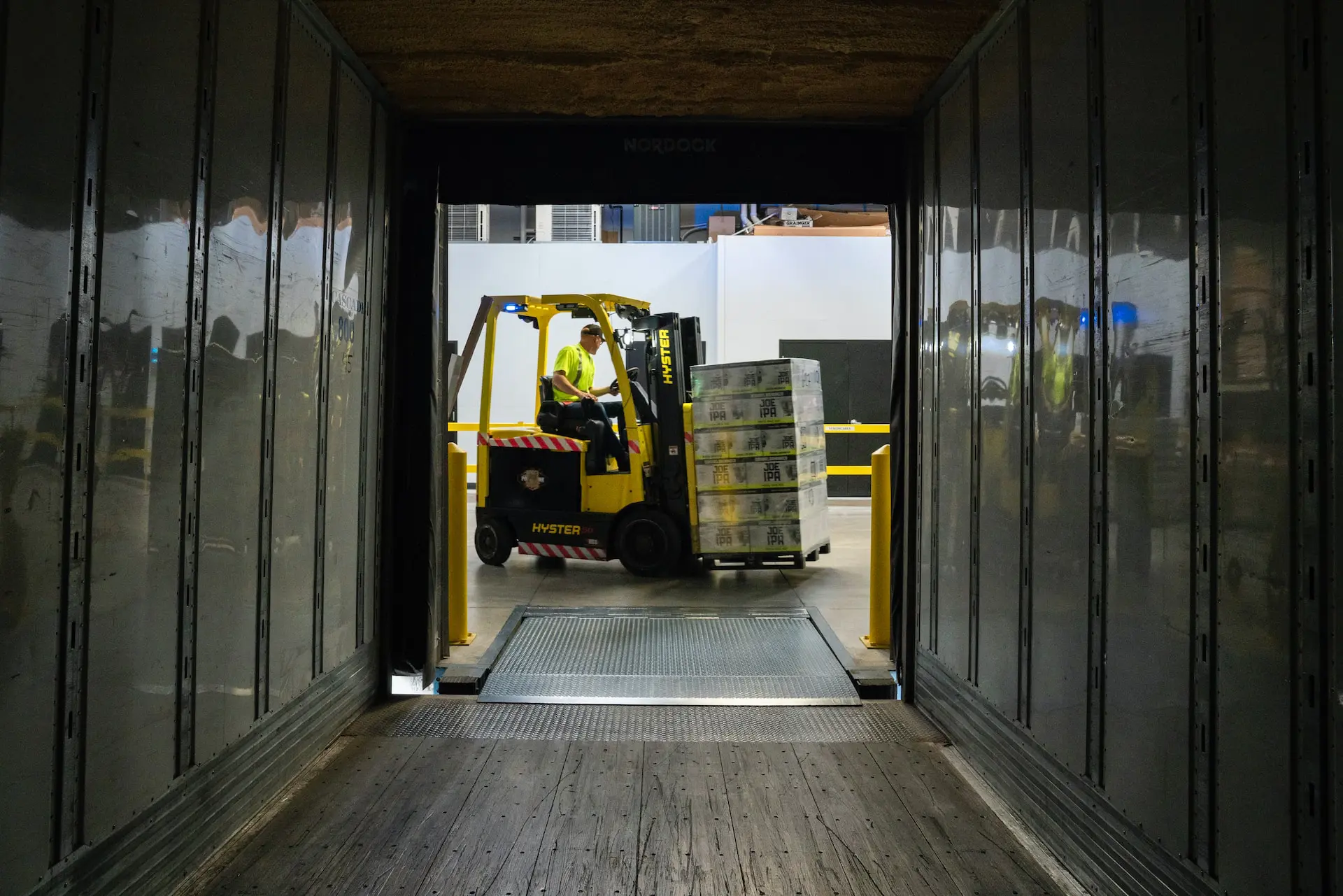
In today’s fast-paced industrial landscape, the efficient movement of goods and materials is paramount. This is where forklifts, the workhorses of the material handling industry, come into play. With their remarkable lifting capabilities and manoeuvrability, forklifts have become indispensable assets in warehouses, construction sites, and various other settings. However, not all forklifts are created equal. […]

A forklift is a massively helpful piece of equipment to have on-site. These motor-driven industrial vehicles have a forked platform to lift and lower cargo appropriately and are designed to move and carry heavy loads over short distances. They work by maintaining a centre of gravity while transporting heavy cargo, making the movement of large […]

Do you need a forklift license? We see this question a lot, and the simple answer is no. You do not need a license to use a forklift. Not only do you not need one, but you couldn’t get one if you wanted one. Forklift Licenses technically don’t exist. However, this doesn’t mean anyone is […]

It is with deep sorrow we have to announce that on Tuesday 10th November 2020, after a short hospital stay, Jeff Longdon (co-founder, brother to Vince Snr & uncle to Directors Vince Jnr and Jay) passed away in Bristol Royal Infirmary after a short illness with Covid-19. Jeff loved and was proud of HL Training and […]




